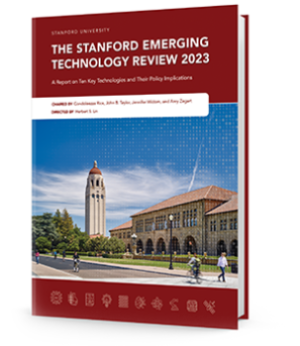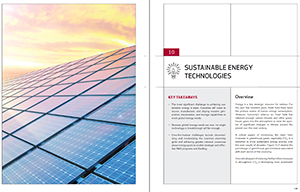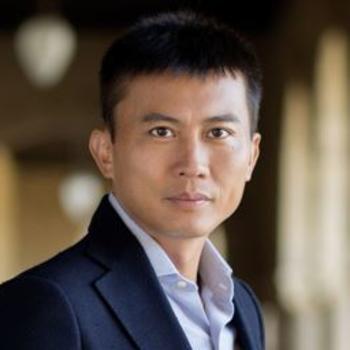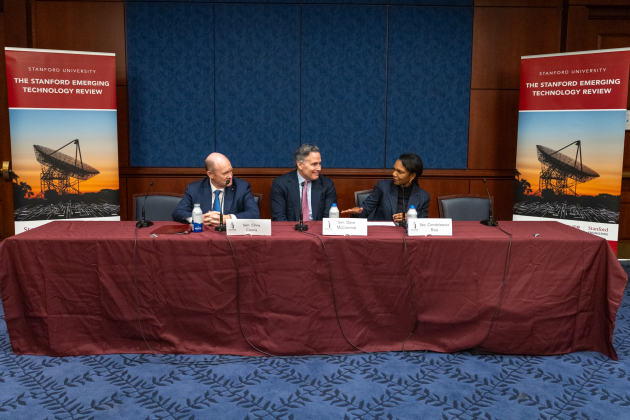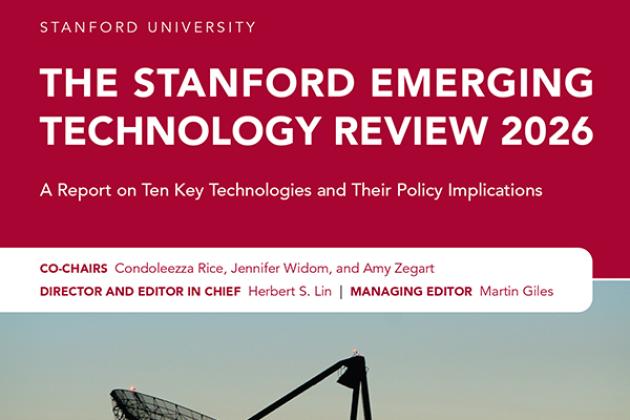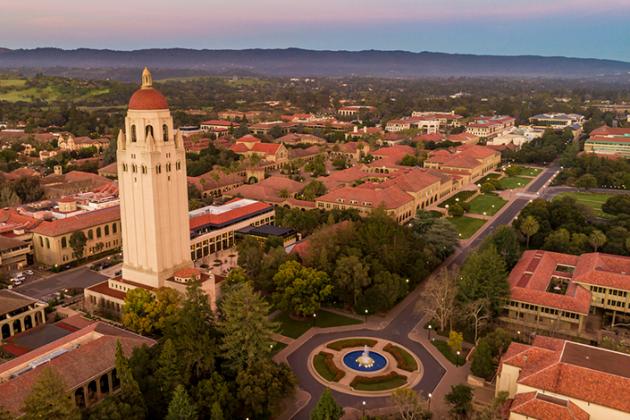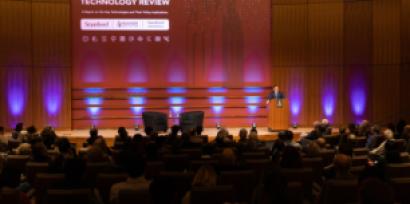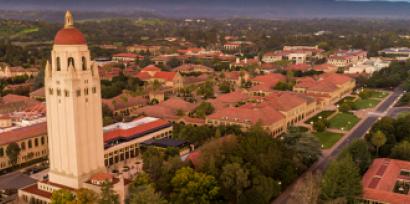Overview
The transition to sustainable energy relies on improving every step of the energy supply chain, from generation to transmission to storage. However, the sheer scale of global energy needs makes it clear that no single technology can meet these demands. The scale challenge has two major implications. First, no single technology or breakthrough can meet the world’s demands for energy. Success will require a combination of approaches that bridge present sources, consumption, and infrastructure to a more sustainable future. Second, the imperative to deliver energy at scale unavoidably places an emphasis on cost. High-cost technologies, whether new or old, no matter how promising, cannot be deployed on a wide scale.
ENERGY STORAGE AND BATTERIES
Energy storage is a core area of effort to make the energy grid more sustainable. Batteries have been the traditional way to capture and release electrical energy but are not yet sufficiently cost-effective for grid-scale storage. Long-duration energy storage technologies like gravity, thermal, and mechanical storage aim to store energy without batteries, but scalability remains a hurdle.
Lithium-ion batteries will not satisfy all our needs in long-duration energy storage because of cost. These batteries need to be able to endure tens of thousands of capture-and-release cycles, retain charge over several tens of hours, and be made of inexpensive materials. Aqueous battery chemistries such as manganese-hydrogen batteries for long-duration energy storage are more promising from a cost perspective—key materials include manganese, which is one-tenth the cost of nickel—and they have lower life-cycle costs due to reduced maintenance needs.
RENEWABLE FUELS
Beyond storage, efforts are underway to deploy combustible fuels that can be burned on demand but that are cleaner than traditional fossil fuels such as biodiesel and hydrogen. Hydrogen, in particular, has been identified as a promising fuel source since it has three times the energy density of fossil fuels with zero carbon emissions. However, for most transportation applications, hydrogen fuel must be stored in liquid or compressed-gas form, which drastically lowers the energy density.
Cost-effective means of producing hydrogen and carrying it with acceptable leakage from production facilities to users pose additional challenges. Currently, hydrogen is sourced from fossil fuels through processes such as naphtha reforming, natural gas steam reforming, and coal gasification. This conventional hydrogen, named gray hydrogen, has a significant carbon footprint and is not sustainable. Blue hydrogen, which is created from methane, and green hydrogen, which uses renewable electricity to generate hydrogen from water, are gaining attention.
CARBON CAPTURE AND RENEWAL
Carbon capture technologies work by capturing “new” carbon emissions produced by industrial processes or the burning of fossil fuels and then burying them, thereby preventing them from entering the atmosphere. Carbon removal refers to capturing “old,” or existing, carbon from the atmosphere. Both are gaining research attention and could obtain some of the benefits of fossil fuels while incurring reduced costs of carbon emissions.










